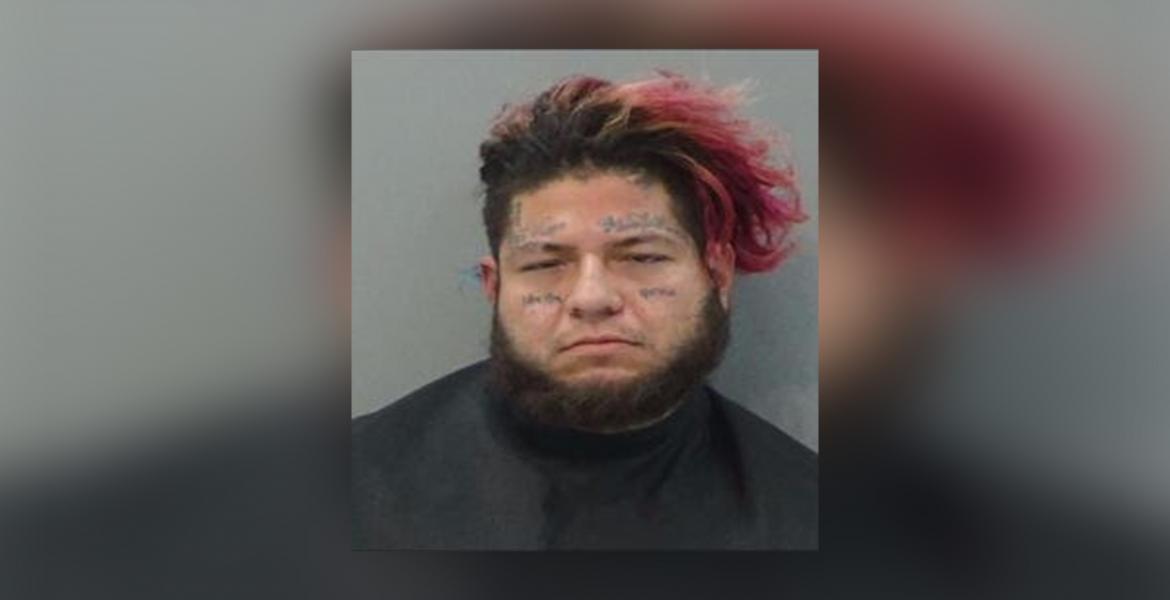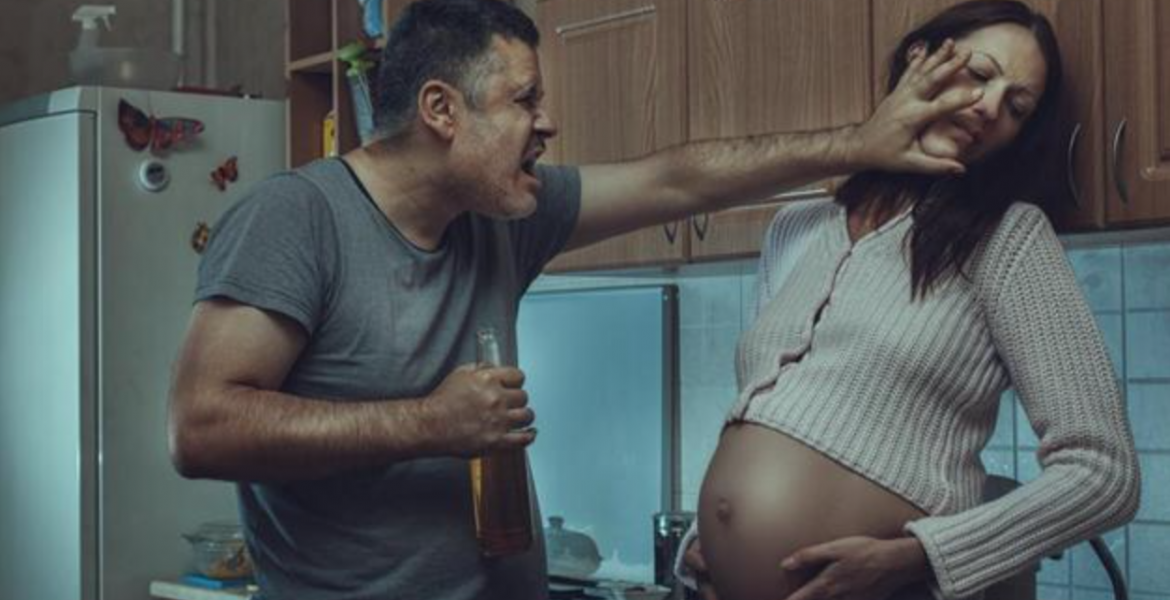SAN ANGELO, TX — Appellate attorneys for convicted Miles man Justin Riordan argued their case in front of the Texas Third Court of Appeals in San Angelo Thursday. Representing Justin Riordan, who was granted an appeal late last year, was Fort Worth criminal defense attorney Frank Sellers.
“Is this a system of justice we can accept?” Sellers said as he opened his presentation.
His client, Riordan, was convicted for having sexual intercourse in the early morning hours with a 13-year-old girl at a house party in Miles in 2014. The testimony of the girl, who by the time of the trial was 15 and still considered a child witness, would become the principal evidence in the trial.
The child witness’ testimony was inconsistent. Days after Riordan was convicted and sentenced to 10 years in prison, a teenaged girlfriend of the witness came forward after reading of Riordan’s conviction on San Angelo LIVE! She signed an affidavit stating that the child witness told her she had lied about Riordan raping her. She is referred by her initials, “T.S.,” for the remainder of this article.

Above: Justin Riordan in happier times: Combine mudding in South Texas. (Contributed from Justice for Justin 2016 Facebook page)
Joined after the conviction, Riordan’s trial defense attorney Shawntell McKillop and Sellers attempted to get Riordan a new trial. Judge Barbara Walther denied the motion after a short hearing in April 2016.
Yesterday, Sellers expanded on the three of the six points of error from the district court trial he previously submitted in a brief to the appeals court.
First, he said, that the new information from the friend of the child witness, T.S., is considered to be exonerating evidence. Second, Sellers wanted to know the reasons for a denial of a new trial. Finally, the State’s expert witness, Yvonne Garcia, provided the jury opinion rather than fact concerning the psychological disposition of a child witness who had been a victim of sexual abuse.
“This conviction is based solely on the testimony of a teenager,” Sellers argued.
Just as Sellers began to argue his first point, Justice Bob Pemberton interrupted. He said the appeals court assumes the district court was correct in declaring the testimony of the friend of the child witness, T.S., to be hearsay evidence.
But the prosecution’s objection that T.S.’s testimony was hearsay was overruled in the hearing for a new trial last April, Sellers responded.
In a lively discussion between Justice Pemberton, Justice Melissa Goodwin and Sellers, the direction of the discussion seemed to point to Riordan’s favor. Sure, the testimony of T.S. was hearsay, but the contents of her testimony struck at the heart of the facts on which Riordan was convicted.
The trial judge, who heard the pleading for a new trial, Judge Barbara Walther, has not published her reasons for denying a new trial, even though the testimony of T.S. was heard.
Seller’s last point was that the expert testimony of Yvonne Garcia, a psychologist, was based on her opinion, not fact. “She was offered as an expert witness to explain the dynamics of sexual abuse,” Sellers argued. “But all she did was offer her opinions based upon her experience [with other cases] of sexual abuse.”
“She had zero scientific support of her opinions she gave,” he argued.
Sellers, Goodwin and Pemberton engaged in a discussion of the validity of “soft” science like psychology versus “hard” science like physics. Sellers’ point was, if trial courts allow ‘mushy soft science’ to prevail in Texas courtrooms, there would be a line of psychologists to offer opinions to favor whichever side is paying them.
Pemberton seemed to be acutely interested Seller’s argument.
The 51st DA Allison Palmer, who prosecuted this case, was in Austin yesterday to serve on Gov. Greg Abbott’s Texas Juvenile Justice Board, and did not argue for the prosecution. Instead, assistant DA Joe Johnson, assisted by 119th DA John Best, were present. Johnson made all of the oral arguments. It was his first time arguing a case in front of an appeals court.
Johnson didn’t get far into his opening statement before Justice Pemberton interrupted him concerning the appellant’s request for a new trial. Johnson’s point was the testimony of T.S. was meant to impeach the child witness. “The entire trial court defense strategy was to impeach the child victim’s credibility,” he argued. “But the jury found Riordan guilty anyway.”
Pemberton said, “But the hearsay objection was overruled. Ya’ll have not attacked that objection in the appellant brief.”
The point Pemberton was making was that in the hearing for a new trial, the testimony of T.S. was admitted into evidence over the prosecution’s objection, making it something to consider. And, in Palmer’s written argument to his court, the overruled objection wasn’t addressed.
Johnson then launched into a defense of the science of psychology. “Psychology is a legitimate field of study,” he said. “And [Yvonne Garcia’s] testimony was well within the scope of the [study of] psychology of a child sex victims.”
Johnson pointed to Texas Rules of Evidence Rule 702. The rule states that an expert “may testify thereto in the form of an opinion or otherwise.”
“The most important thing she did was explain the circumstances of a delayed outcry,” Johnson argued. The child victim did not come forward with the rape allegation until three days after the incident.
Johnson maintained that T.S. did not know all of the details of the trial, and learned of it in the Miles High School rumor mill. She could have had a conflict with the child witness and came forward to get back at her, Johnson argued. For that to be true, news of Riordan’s conviction had to have spread far and wide.
In his rebuttal, Sellers took exception to Johnson’s portrayal of how widespread the news of Riordan’s conviction was. “She read about it on San Angelo LIVE! and came forward immediately after that,” Sellers said. “It was not widely known at the high school.”
Then, in a passionate plea to the court, Sellers weighed in on soft science in courtrooms. “When science is wrong, innocent people get convicted. Anyone with a soft science degree can testify in our courts, and their opinions can be based more upon who is paying them than fact.”
This was Seller’s third appearance in front of the appeals court. After the hearing, Sellers said he hoped the justices were swayed by the facts he presented. “Justin, his family, [Seller’s assistant attorney] Allison Clayton were pleased of the amount of attention to the arguments and the details of the case the justices had. Maybe finally we can get justice for Justin,” Sellers said after the hearing.
In addition to Justices Pemberton and Goodwin, presiding over the hearing was Justice David Puryear, who remained silent throughout. The Third Court of Appeals occasionally travels to distant courtrooms to hear cases pertinent to the geographic location they are visiting.
It will be several weeks before a ruling is made on Riordan’s appeal.
Subscribe to the LIVE! Daily
Required






Post a comment to this article here: